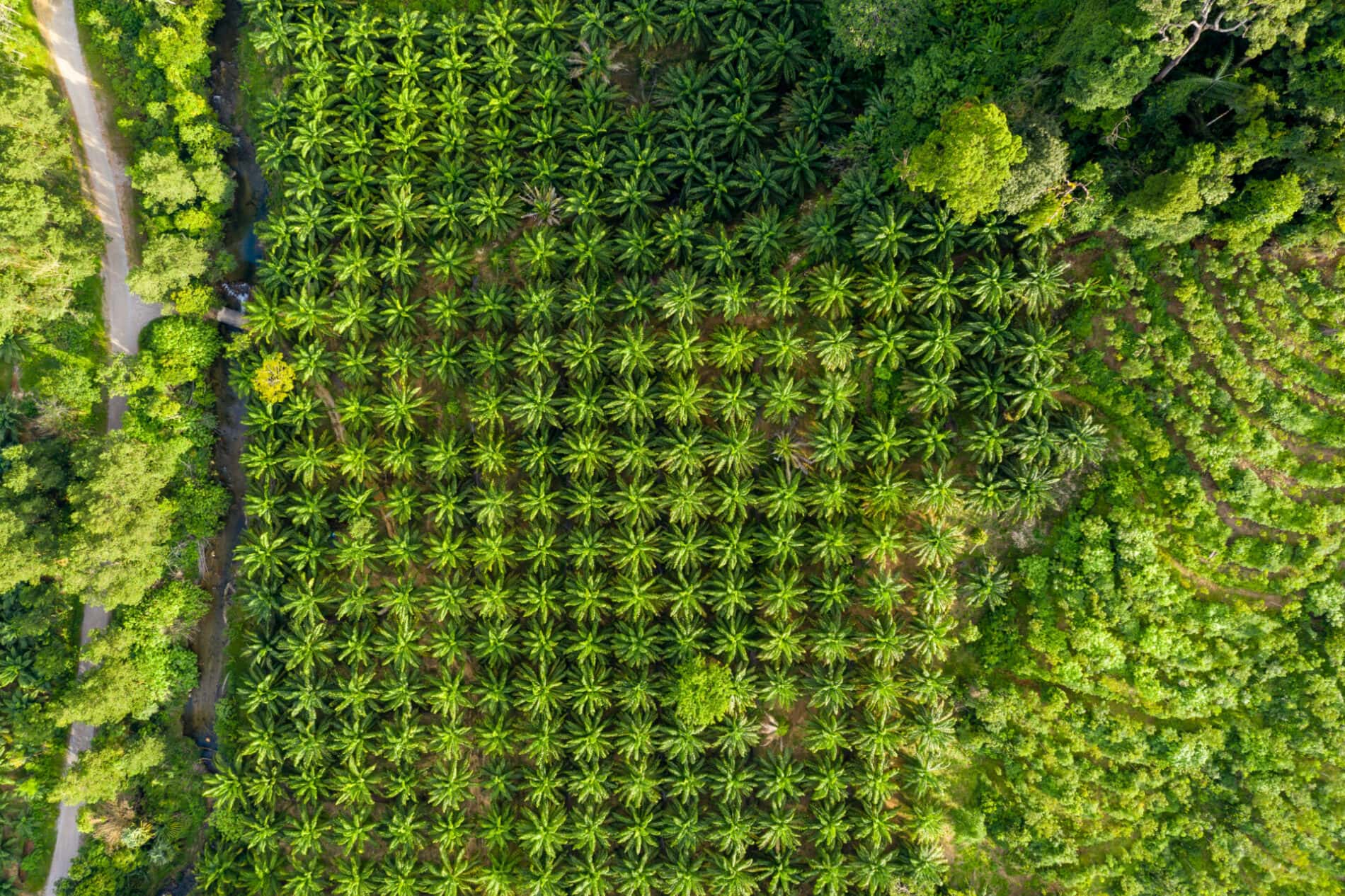CRR Report (02nd March 2022): African Oil Palm Expansion Slows, Reputation Risks Remain for FMCGs

While West and Central Africa have been promising regions for large-scale palm oil production, expansion has not gone as planned. Only a handful of companies control industrial palm oil production and will likely drive expansion, but on a smaller scale and at a slower pace than originally anticipated. Nevertheless, these companies have been linked to numerous social and environmental impacts, violating their buyers’ NDPE commitments.
Read the full report
Key Findings:
- There is substantial discrepancy between oil palm concessions in West and Central Africa and areas ultimately converted for industrial oil palm plantations. Between 2016-2019, Africa’s oil palm concession area dropped from 4.7 to 2.7 million hectares (ha). Of the remaining 2.7 million ha, only an estimated 220,608 ha have been developed into oil palm plantations.
- The materialization of stranded land risks is linked to land acquisition and community resistance. At least 27 planned oil palm projects, covering 1.37 million ha, have failed negotiations or have been abandoned between 2008- 2019. Project failures can have adverse human rights impacts as well as lead to an increase in deforestation.
- Only five international companies dominate industrial oil palm production in Africa: Socfin, Wilmar, Olam, Siat, and Straight KKM (former Feronia). They control an estimated 67 percent of the industrial oil palm planted area with foreign investment and may drive continuous expansion. Risks are most pronounced in Nigeria, where expansion may come at the cost of state natural forest reserves.
- Socfin and Wilmar, the two largest African operators, are linked to numerous social and environmental impacts on their African concessions. These impacts vary from land-grabbing to loss of social and environmental high conservation values to violence and intimidation.
- Investors may see risk in African palm oil caused by stranded land and reputation risk. Palm oil buyers and FMCGs linked to escalated cases of landgrabbing and violence against local communities include Wilmar, Olam, Danone, PZ Cussons, FrieslandCampina, Nestlé, and Kellogg’s.
- Financiers and companies face reputation and regulation risk. FMCGs and financiers with NDPE violations linked to African palm oil supply face reputation risk. Moreover, they will need to comply with upcoming EU supply chain regulation.
For more information you may contact our colleagues:
Want more information on this project?
Sarah Drost
Senior Expert - Deforestation-free Supply Chains
Want more information on this project?
Marco Garcia
Expert - Deforestation-free Supply Chains GIS analysis
